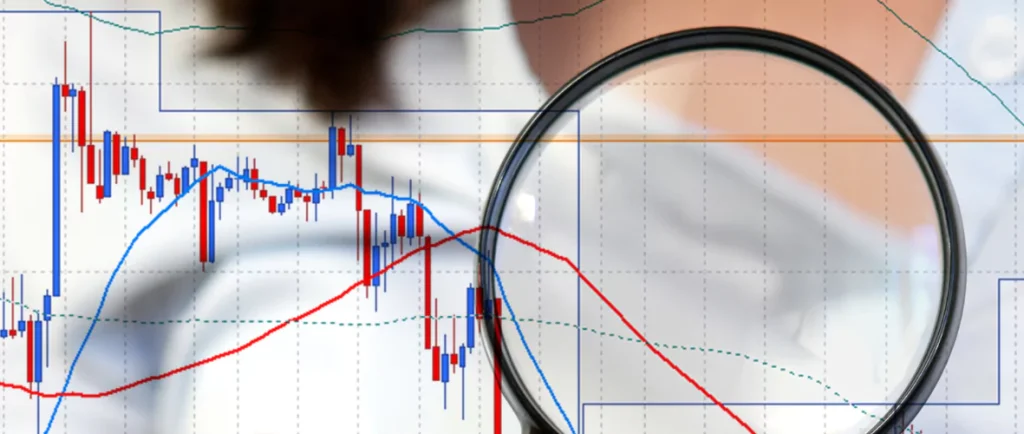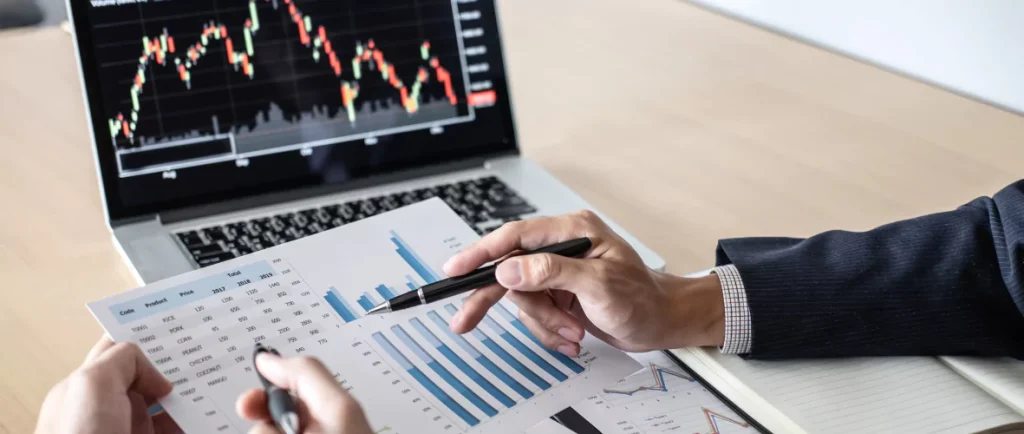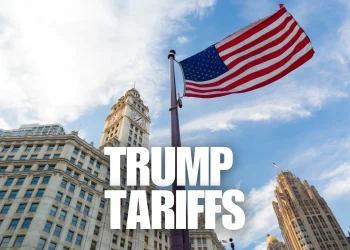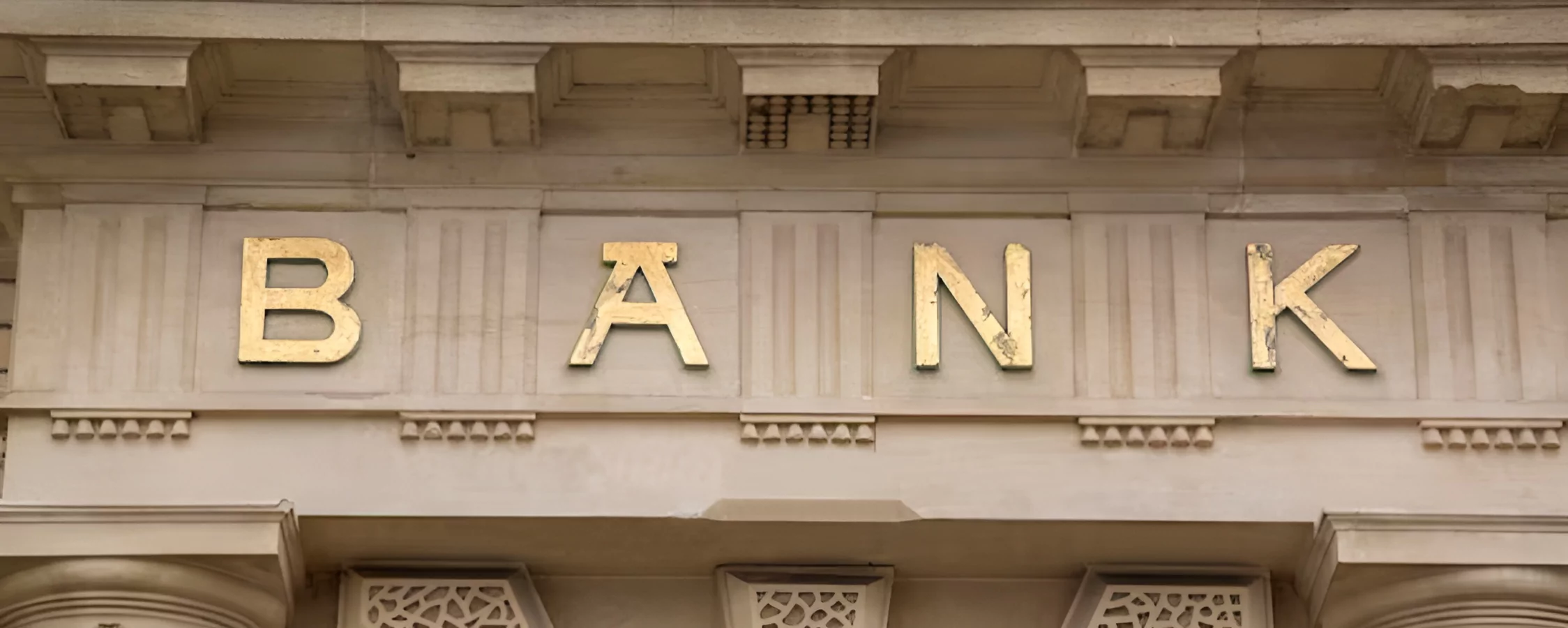What Are Commodities?
Commodities are the building blocks of our global economy, the raw materials that power industries, feed populations, and drive growth. But what exactly are they, and why should you care about commodity markets?
Definition and Characteristics
At its core, a commodity is a basic good used in commerce that is interchangeable with other goods of the same type. Think of them as the raw ingredients of the global marketplace. For something to be considered a commodity, it must meet a few key criteria:
- Homogeneous: One unit of the commodity is essentially the same as another. For example, a barrel of crude oil from one producer is identical to a barrel from another.
- Tradable: Commodities are bought and sold on exchanges, making them accessible to traders and investors worldwide.
- Deliverable: They can be delivered in a form that satisfies a contract, whether that’s a futures contract or a spot transaction.
Types of Commodities (Hard and Soft)
Commodities are broadly categorized into two groups: hard and soft.
- Hard Commodities: These are extracted or mined, such as gold, silver, crude oil, and natural gas.
- Soft Commodities: These are grown or raised, such as corn, wheat, coffee, and live cattle.
Examples in Everyday Life
You interact with commodities every day, often without realizing it. For instance:
- Energy: The gasoline in your car is derived from crude oil, a hard commodity.
- Food: The coffee you drink in the morning is a soft commodity.
- Metals: The gold in your jewelry or the copper in your electronics are hard commodities.
Understanding commodities is not just for traders and investors; it’s for anyone who wants to grasp how the global economy works.
How Commodity Markets Work
Now that we’ve covered what commodities are, let’s dive into how their markets function. It’s a complex world, but breaking it down makes it more manageable.
Overview and Key Players
A huge network of buyers and sellers, comprising producers, consumers, and speculators, makes up commodity markets. Whereas speculators seek to make money off of price swings, producers (such as oil firms) and users (such as airlines) use the market to control risk.
Types of Markets (Spot and Futures)
There are two primary types of commodity markets:
- Spot Market: This is where commodities are bought and sold for immediate delivery at the current price. For example, buying crude oil today and taking delivery within days.
- Futures Market: Here, traders agree to buy or sell a commodity at a set price on a future date. Futures contracts are standardized, making them easier to trade.
Supply and Demand Dynamics
Like any market, commodities are driven by supply and demand. However, factors like weather, geopolitical events, and economic indicators can cause significant fluctuations. For instance, a drought in Brazil can send coffee prices soaring, while a global economic downturn can depress demand for oil.
Commodity Exchanges
Commodity exchanges are the venues where trading takes place. Some of the most prominent include:
- Chicago Mercantile Exchange (CME): Known for its agricultural and energy contracts.
- Intercontinental Exchange (ICE): Home to many energy and soft commodity contracts.
- London Metal Exchange (LME): The go-to for base metals like copper and aluminum.
These exchanges facilitate trillions of dollars in trades each year, with the CME alone handling over $22 trillion in notional value annually.
Commodity Futures and Options
Futures contracts are agreements to buy or sell a commodity at a set price on a future date. Options, on the other hand, give the holder the right (but not the obligation) to buy or sell a futures contract at a specified price before a certain date. Both are powerful tools for managing risk and speculating on price movements.
Why Trade Commodities?

So, why should you consider trading commodities? The answer lies in their unique characteristics and the opportunities they present.
Benefits (Diversification, Hedge Against Inflation)
One of the primary reasons to trade commodities is diversification. Commodities often have a low correlation with traditional assets like stocks and bonds, which means they can help reduce portfolio volatility. Additionally, commodities are a natural hedge against inflation, especially energy and precious metals, which tend to rise in price as inflation increases.
Potential for High Returns
Commodity prices can be highly volatile, which means they offer the potential for significant returns— but with that volatility comes risk. For example, the price of crude oil can swing dramatically in response to events like OPEC decisions or geopolitical tensions.
Risks and Rewards of Commodity Trading
As with any investment, there are risks involved. Commodities are subject to price fluctuations due to a myriad of factors, including supply disruptions, changes in demand, and geopolitical instability. However, for those who understand the market and manage their risk effectively, the rewards can be substantial.
How to Trade Commodities
Trading commodities can seem daunting at first, but with the right approach, it can be a rewarding endeavor.
Step-by-Step Guide
- Educate Yourself: Understand the basics of commodities, the markets, and the factors that influence prices.
- Choose a Trading Method: Decide whether you want to trade spot, futures, options, or through ETFs.
- Select a Broker: Find a reputable broker that offers the commodities you want to trade.
- Develop a Strategy: Whether you’re day trading or taking a long-term approach, have a plan in place.
- Manage Risk: Use tools like stop-loss orders and diversification to protect your capital.
Trading Methods (Spot, Futures, Options, ETFs)
- Spot Trading: Buy or sell commodities for immediate delivery.
- Futures Trading: Trade contracts that obligate you to buy or sell at a future date.
- Options Trading: Trade the right (but not the obligation) to buy or sell a futures contract.
- ETFs: Exchange-Traded Funds that track the price of a commodity or a basket of commodities.
Physical, Derivatives, and Online Trading Platforms
While physical trading (taking delivery of the commodity) is an option, most traders opt for derivatives like futures and options. Online trading platforms have made commodity trading more accessible, allowing individuals to trade from the comfort of their homes.
Tools and Resources for Traders
From news aggregators to technical analysis tools, there are countless resources available to help you make informed trading decisions. Websites like Bloomberg and Reuters provide real-time news, while platforms like TradingView offer advanced charting tools.
Popular Commodities to Trade
Not all commodities are created equal. Some are more popular among traders due to their liquidity, volatility, and market influence.
Overview of Major Commodities (Energy, Metals, Agriculture)
- Energy: Crude oil, natural gas, and heating oil are among the most traded energy commodities.
- Metals: Gold, silver, copper, and aluminum are popular choices for both investment and speculation.
- Agriculture: Corn, wheat, soybeans, and coffee are key players in the soft commodity space.
Factors Influencing Prices (Geopolitical Events, Weather, etc.)
Prices are influenced by a multitude of factors:
- Geopolitical Events: Think of how tensions in the Middle East can send oil prices skyrocketing.
- Weather: Droughts, floods, and other weather events can drastically impact agricultural commodities.
- Economic Indicators: GDP growth, inflation rates, and interest rates all play a role in commodity pricing.
Case Studies
Take, for example, the 2020 oil price crash. As the COVID-19 pandemic hit, demand for oil plummeted, leading to negative prices for crude oil futures. This event highlights the extreme volatility that can occur in commodity markets.
Commodity Trading Strategies

Success in commodity trading often comes down to the strategies you employ.
Common Strategies (Trend Trading, Spread Trading, Hedging)
- Trend Trading: Identify and follow the prevailing trend in a commodity’s price.
- Spread Trading: Profit from the difference in price between two related commodities or contracts.
- Hedging: Use futures or options to offset potential losses in your physical holdings.
Tips for Successful Trading
- Stay Informed: Keep up with news and events that could impact the commodities you trade.
- Manage Risk: Don’t put all your eggs in one basket. Diversify and use stop-loss orders.
- Practice Patience: Commodities can be volatile, but trying to time the market often leads to losses.
Case Studies
Consider the case of a trader who successfully hedged their oil exposure by buying put options ahead of an economic downturn. This strategy protected their portfolio from the ensuing price drop.
Commodity Trading vs. Other Investments
How does trading commodities stack up against other investment options?
Comparison with Stocks, Bonds, Cryptocurrencies
- Stocks: Offer ownership in a company, with potential for capital gains and dividends. Less volatile than commodities.
- Bonds: Provide fixed income through interest payments, with lower risk but lower returns.
- Cryptocurrencies: Highly volatile and speculative, with no intrinsic value like commodities.
Pros and Cons of Commodity Trading
- Pros: Diversification, inflation hedge, high liquidity in major markets.
- Cons: High volatility, requires active management, subject to external shocks.
Future Trends in Commodity Markets
The future of commodity trading is shaped by emerging trends and technological advancements.
Emerging Trends (Green Energy, Impact of Climate Change)
- Green Energy: The shift towards renewable energy is transforming the demand for commodities like solar-grade silicon and battery metals.
- Climate Change: Extreme weather events are becoming more frequent, impacting agricultural commodities and energy demand.
Technological Advancements
Technology is revolutionizing commodity trading, from blockchain-based platforms that increase transparency to AI-driven trading algorithms that analyze vast amounts of data in real-time.
Case Studies
Look at the rise of electric vehicles (EVs). As EV adoption grows, the demand for lithium and cobalt has surged, turning these metals into key commodities in the green energy revolution.
Conclusion | Commodity Markets
Recap of Key Points
- Commodities are essential building blocks of the global economy.
- Commodity markets are influenced by supply, demand, and external factors.
- Trading commodities offers diversification and potential high returns, but comes with significant risks.
- Understanding the market and employing effective strategies are crucial for success.
Commodity trading is a fascinating and dynamic field, but it’s not without its challenges. Whether you’re a seasoned trader or just starting out, staying informed and adaptable is key. So, are you ready to dive into the world of commodities?













